Some 40 years ago, the schools where I lived were a lot different to what they are now, many were housed in old
Victorian buildings, but these buildings oozed an air of authority and discipline.
Most children of this era would say that their first day at school was either exciting or terrifying,
there wasn't anything in between generally, but whatever the emotion, it was quieted upon arrival
of your teacher in the classroom and hearing them speak for the first time.
All children in those days were briefed on etiquette; who the teachers were going to be for the new term;
what us kids could and could not do, as well as being handed out some tools — our instruments of education.
Provided was a pencil, a ruler, a pen and a notebook, using these tools the pupils were to build their future, by getting educated.
Article written by Hazel Arnold.
From the moment that teacher commanded the pupils attention and said, “pick up your pens and begin”, it would have been a
realisation of the awesome task to come, understanding that, that pen which they had just put to paper was going to be
linked to their life for its entirety.
At times, however, rejection, defiance or rebellion against the
system was adopted by some pupils unwilling to learn, but back then, this defiance was eliminated, pronto.
The story that is about to unfold is about a case of your ability to give just one child the overwhelming inspiration you felt when you picked up your first pen and wrote.
Far from the British isles where I grew up is a country once ruled under the British Empire and taught deeply of its culture and ways through the same curriculum that was taught in Britain itself during 1858 to 1947. That country was India.
Every child in India had free access to schools, was put in a uniform and given their instruments of learning, same as
experienced in the UK.
In 1947 civil unrest forced a partitioning of India to form two sovereign dominion states: the
Dominion of India (later the Republic of India) and the Dominion of Pakistan (later the Islamic Republic of Pakistan,
the eastern part of which, still later, became the People's Republic of Bangladesh) and it caused devastation
throughout the region, leaving schooling in disarray.
When a modicum of normality resumed, India chose to continue with the educational systems Britain left in place, over time changing things to suit India’s own culture and economics.
Poor economics in any country always finds pockets of poverty with some areas affected worse than others. Fast forward to today's metropolitan lifestyle and you are sure to find struggle in any built up city, much less rural outposts, wherein both, particularly if it’s happening in a third world country, you will find impoverished children seeking an answer to survival amongst refuse, pollution and dangerous waste. In India such an effect on its children is prevalent and would be inconceivable to any British child today no matter what their welfare status is.
As a trustee of Charity Needs Foundation (CNF), a charity established to promote, market and profile voluntary sector organisations worldwide, we have been attentive to a few charitable campaigns and organisations in India, and so CNF took advantage of the fact that I was going to be on holiday there to see if we could provide some needed awareness through a featured article.
The organisation we spotlighted is called Goa Outreach, a charity that specialises in helping children — who live in
the slums and on the streets of Goa — to follow the path of education and see them complete it.
The following writings are from my experience and notes.
“Education is free in India for children between the ages of six and fourteen, from then on fees are payable that
equate to a hundred pounds per year, sterling, which is expensive for a local at about 8106.65 rupee. (According to a
wage report issued in 2012 by the United Nations' International Labour Organization (ILO), India ranked 69 out of 72 countries listed, with the
average monthly wage equivalent to $295 U.S. dollars or just over 18,117 rupees — nearer 19,315 (237.95 GBP) at 2017's markets and at 2020's markets its 22,030.44 rupees to meet $295 and £237 respectively)
That’s close to half of a monthly income and there are other charges from having to purchase a school
uniform, which must be provided and worn. The schools are very strict on this and will send pupils home if not in
uniform. As in Britain, the days of pen and book handouts are gone, these items also have to be provided by the
families which a lot cannot afford, thus, pressure is put on children to go out and work earlier and help in supporting
their families rather than staying in school.
Those unfortunate children end up on the streets or on beaches selling their parents wares to the tourist trade. What
was remarkable, is that the kids were fluent, not only in English, but had learnt Russian in recent years since many
Russians holiday in the Goa region. It was amazing to think that these kids of 14-17 years who could not write a
single word, had the capacity to learn a language as a need to survive. It left me thinking what could they achieve if
they remained in education.
It’s the boys, however, that tend to stay on in school longer as most girls go on to marry and have children, then
becoming the responsibility of their husband's family.
Although the law states that children between 6 and 14 do have to attend school, there is very little enforcement. Whenever this law is enforced by the authorities, children are often put into remand homes which is not ideal, it can be difficult for families to get their children returned as identity or proof of age is required. A lot of these children don’t have such documentation which also adds to the problem of schooling. Some schools require these kind of documents in addition to the purchases families need to make, and the schools can use these missing papers to reject children they deem undesirable for their establishment.
Robert Lynch, founder of Goa Outreach has lived in India for over sixteen years and started helping children to maintain
their education by raising funds to provide school bags, books, uniforms and help towards fees for the year. The
charity relies on donations of money and items from the public.
He runs the charity by himself from his apartment in the town of Mapusa, North Goa. He has just over a hundred
children he works with and provides for each year with the equipment they need to go to school.
On arrival, to find out more of Robert’s aims for the future, a young lad of 19 called Gopi was studying at the table for his final exam in commerce. Gopi explained that he wasn’t going to school when Robert met him at the age of six, but life was better now he was. His brother is also being helped by the charity and is going to school but their sister stays at home.”
“Robert went on to explain that many children don’t go to school as they arrive every year with their families near tourist areas explicitly to stay for the holiday season selling their wares to tourists. In some cases, parents have alcohol problems and send the children out to beg. This is apparent in the big cities such as Delhi which we found when Robert invited us to go and meet some of these children.
After a short journey, arriving on bikes, we stopped outside some big iron doors, Robert opened one of them and ushered us through into a private recycling centre. We walked through narrow passages with bags of plastic and various other items piled high, into a huge dark barn that was packed floor to ceiling apart from a small area where a group of men were sitting on the floor sorting through bags of polystyrene by hand. As we past they all acknowledged us before we turned following the path past another small group — this time women — sitting on the floor sorting plastics, again, by hand. Robert explained that one of the girls he helps with her education, Survanakala, lives and works here with her family.
At the back of the barn we found three girls that are supported by the charity ranging from 16 to 18, Survanakala was one of them, the other two were Ambrin and Anwarshi; all worked at the recycling center whilst studying for their final exams.
After speaking with the girls we moved to a waste ground still further back from the centre and this is where the children that only stayed for the tourist season sheltered in basic makeshift conditions. Robert comes here with packs of toothpaste, soap and fruit to help encourage personal hygiene and introduce healthier eating, but on this occasion was giving out donated sweets as a treat.
Although the children have very little, they live and play with big smiles on their faces appearing to be extremely happy. When I asked an eleven year old kid about school he smiled and just shook his head vacant of interest.
Back at Robert’s apartment come office, he showed us the school bags he buys every year which is an ongoing project. The quality must be good as the weather perishes them. He can only order a couple each time at a discount as the supplier will think he is selling them on. As soon as one year is done, he’s immediately onto the next, so it’s a slow process.
His apartment is very ordered with boxes of donated toothpaste, soap and clothes which get given out in packs. He has a new helper, Neeta, whom assists with the language barrier, but also hopes to help with making pencil cases... Ahh yes, about that case you were building in your head, now twist it a little and see yourself handing a child their first pencil case to carry their instruments of learning. How would you feel about that? That’s what this is all about, your help to acquire these basic needs.
Goa Outreach needs a sewing machine to make these pencil cases. Presently, Neeta is operating a borrowed one, but if the charity can buy their own or have a new machine donated, it will help double the number of children Robert has already spent over sixteen years helping.”
Each thumbnail carries its own information, click to view.
“If after the COVID-19 pandemic is over you are considering travelling to India in the Goa area, why don’t you pack your bags with a few
extra goodies, drop in on Goa Outreach and hand Robert a few educational tools such as rulers, erasers,
pencil cases, compass boxes and blue pens. Blue pens are required by the schools and they are strict
on this — red pens are acceptable too, but not black or multicolored pens, again, the schools are
very strict on this. Bear in mind that pencils are cheaper in India and of a very high quality for the price.
When you are able to travell in India again, before you turn and head off to begin your holiday or even continue it, drop a few of those Rupees
you’ve converted into Robert’s hands too, any one of those actions will be of immense value and help to Goa Outreach and of great purpose to you
You can even apply to take specific charity luggage which Goa Outreach can get the airlines to agree at no extra cost,
see here: http://www.goaoutreach.org/Charity-Luggage
Or you can donate direct to Goa Outreach online at: http://www.goaoutreach.org/Charity-Donations
I would say best to make contact with the charity first and get directions, it will be easier, also better than the road
signs which can be confusing. Google maps is great for this.
After visiting Goa Outreach I started to notice the problem of so many children not going to school and as we went through Delhi one image will stay with me. We approached a roundabout along the chaotic road we were on and in the middle of it was a small area that seemed inhabited by a family living there. The adults appeared to be sleeping on mattresses and a couple of children were sitting up, but there was one little girl with grubby clothes jumping about and making a game up in her own little world, while the crazy driving continued around her.
We found Robert to be very welcoming and open, he works tirelessly for the benefit of the children and you can see he has worked hard at building up trust and good relationships with children and parents. Gopi the young lad who was studying when we got there is going to be a credit to his hard work and an inspiration to future generations along with the three older girls Ambrin, Anwarshi and Survanakala.
With the age of technology moving on so fast, Gopi’s generation is realising what education and knowledge can give them and more progress like this will bring inevitable change for the children of India and Goa Outreach’s mission.
Most kids in the UK have build up a lack of appreciation for all they have and Charity Needs is going to be working on
a project to get our UK kids out to India on a selfless holiday so they can help their counterparts and see just how
special they themselves really are, but that won't be for some time yet, lets see the pandemic off on its way first.
I for one would like to share an experience like this with my own grandchildren, at
least once, so they could see it through their own eyes. It would be my gift to them and maybe they would learn
something they would never forget.”
UPDATE: since first writing this article Gopi has now passed his final exams.
Watch this video to understand more about Robert' mission for Goa Outreach.
This page is embeddable, click for code
Head picture by Goa Outreach (goaoutreach.org)
Article edited by Jonathan Fleming
Re-released 3rd July 2020 at 14:00.
First Released 11th December 2017 at 11:30.
Modified — 17th September 2019, added better metadata for search engines.
Informative references to text in this article are:
...Far from our British isles... 1858 to 1947. That country was India (The Raj Era). See also British Raj @wikipedia
...the Dominion of India (later the Republic of India) and the Dominion of Pakistan (later the Islamic Republic of Pakistan, the eastern part of which, still later, became the People's Republic of Bangladesh)
...apply to take specific charity luggage which Goa Outreach can get the airlines to agree at no extra cost,
see here: http://www.goaoutreach.org/Charity-Luggage.
...donate direct to Goa Outreach at: http://www.goaoutreach.org/Charity-Donations.
Credits from CNF:
- Thank you to Robert Lynch for allowing CNF to produce this article for the Goea Outreach organisation.
- For CNF’s photographic needs:
Martin Carpintero of CVP.com who was first to offer a needed camera for Charity Needs' feature articles.
Dan Leggett and Raj Khepar (from Canon) at Jessops in Brighton who also helped the charity with this equipment.
Plus, Clock Tower Cameras, Brighton who offered a needed accessory at cost.
Thanks guys for helping Charity Needs grow into the future to promote essential campaigns.
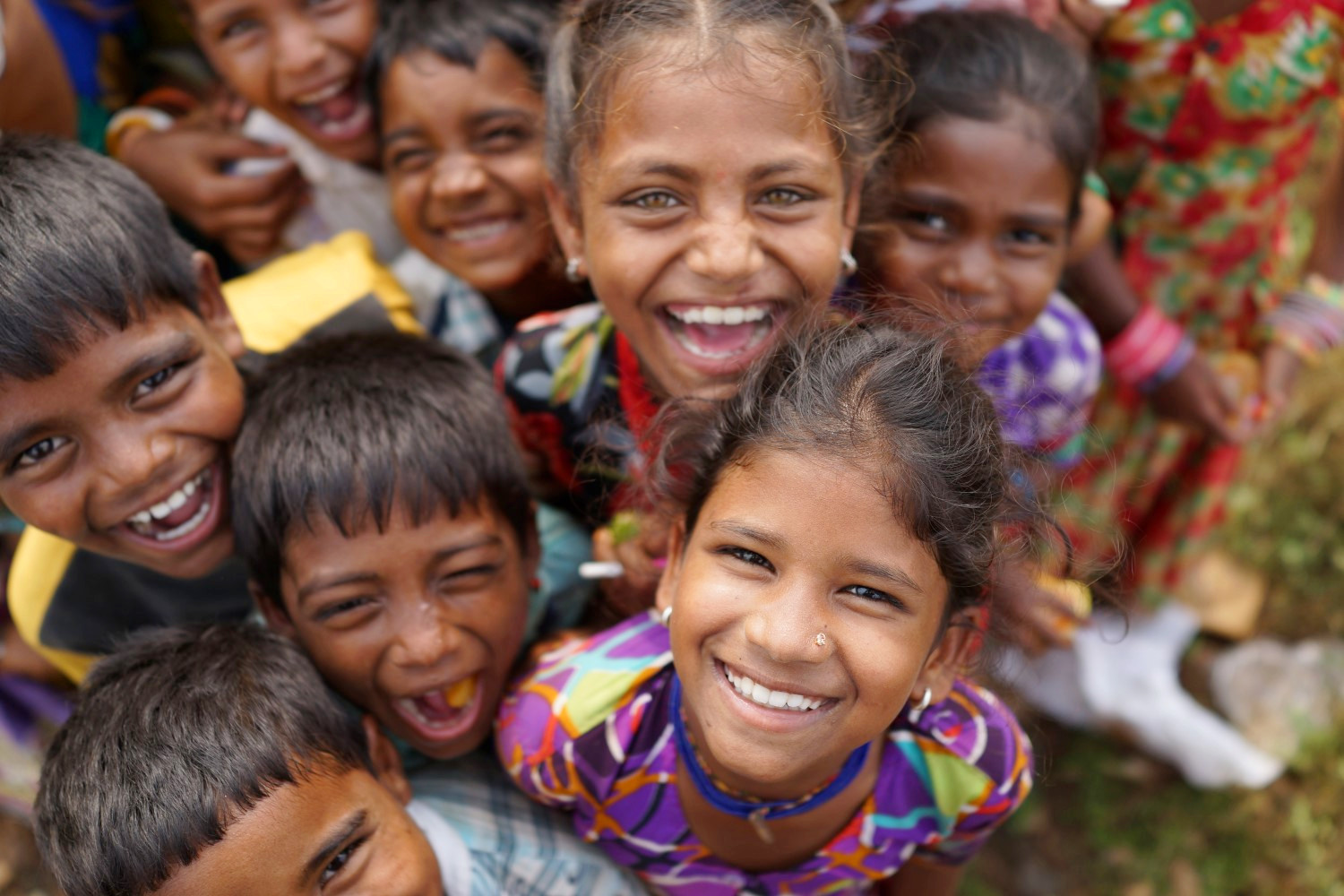
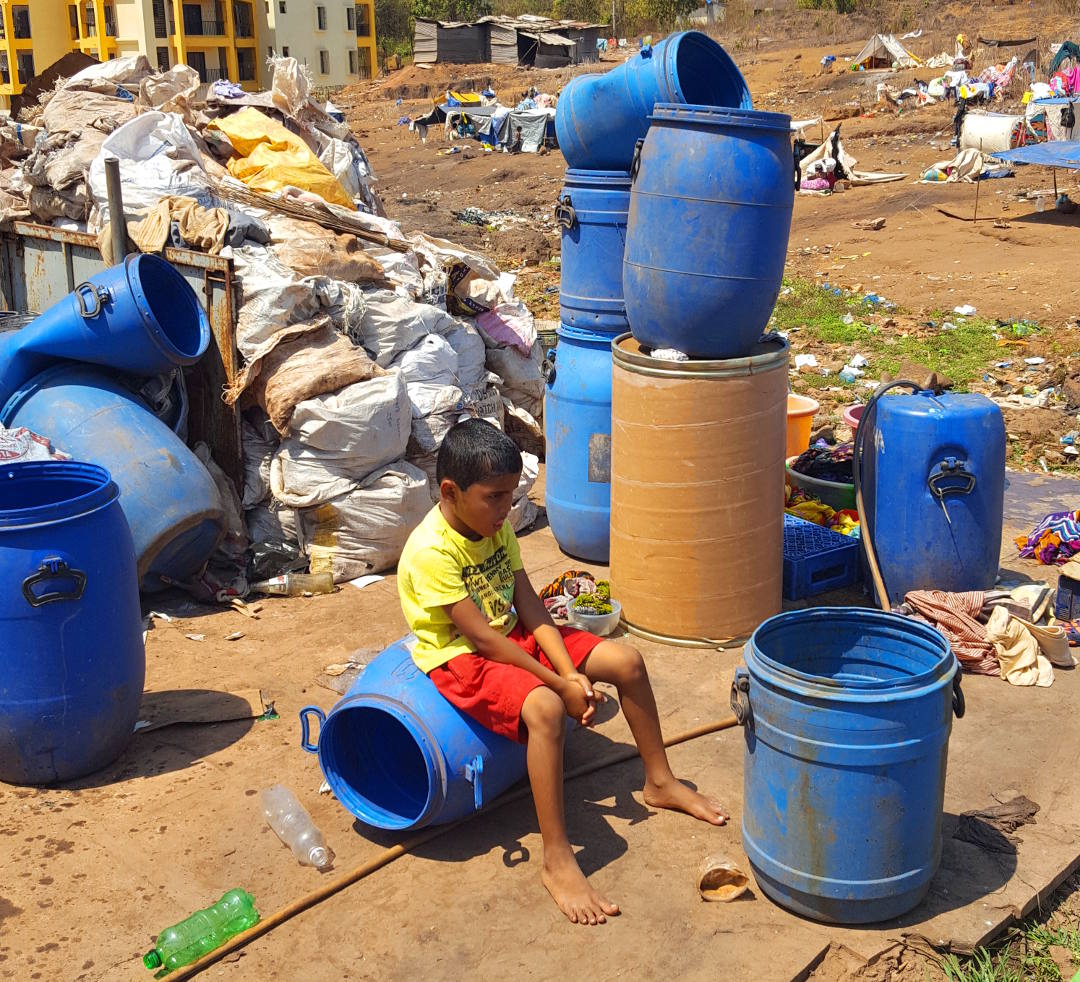
-1000x750-edit.jpg)
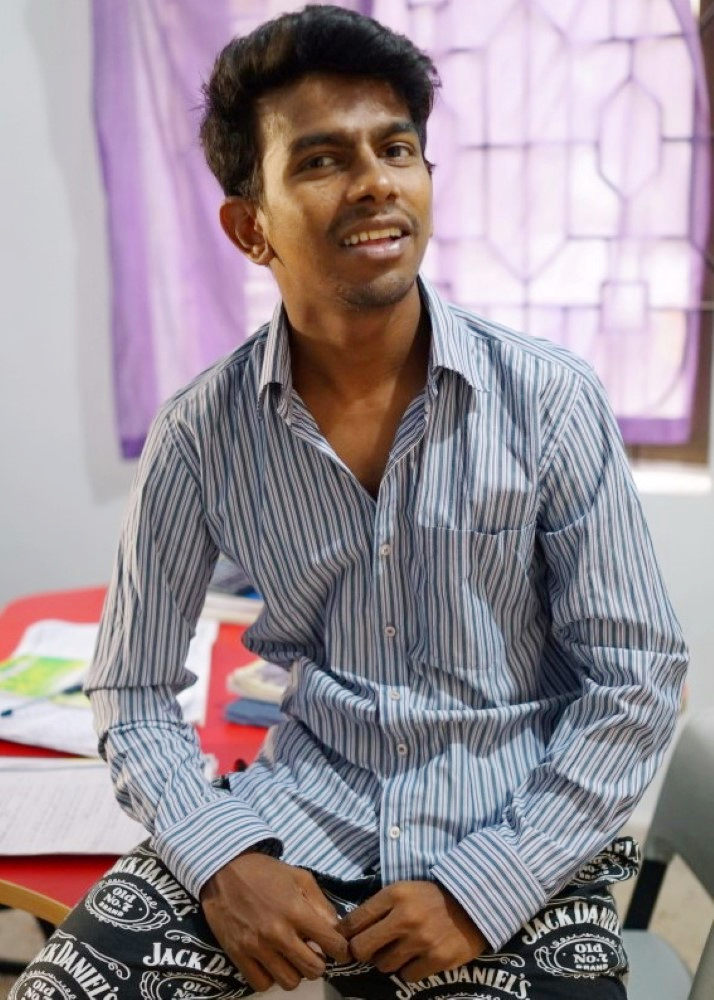
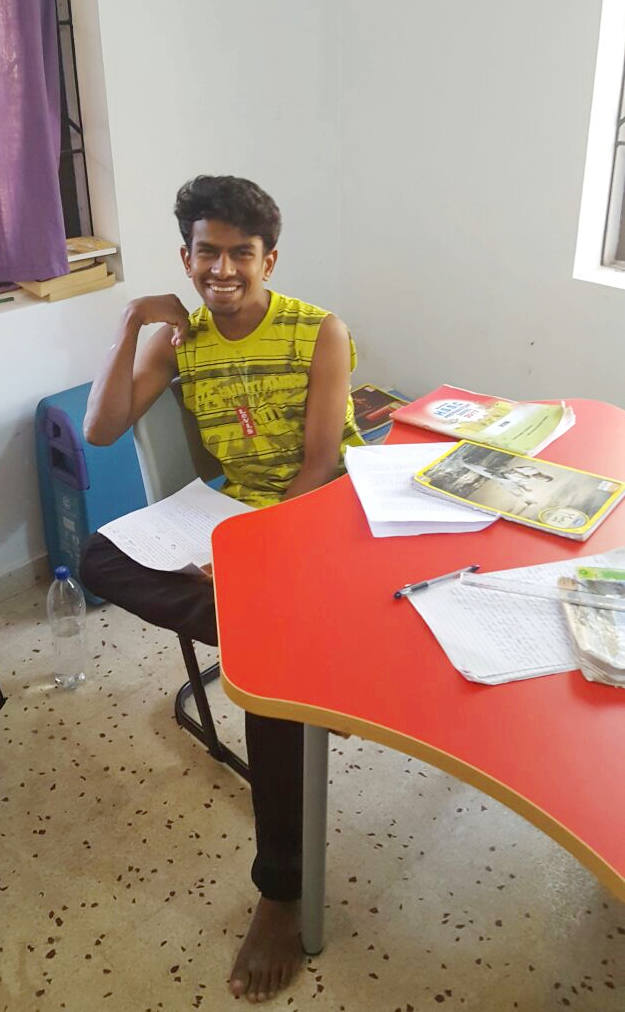
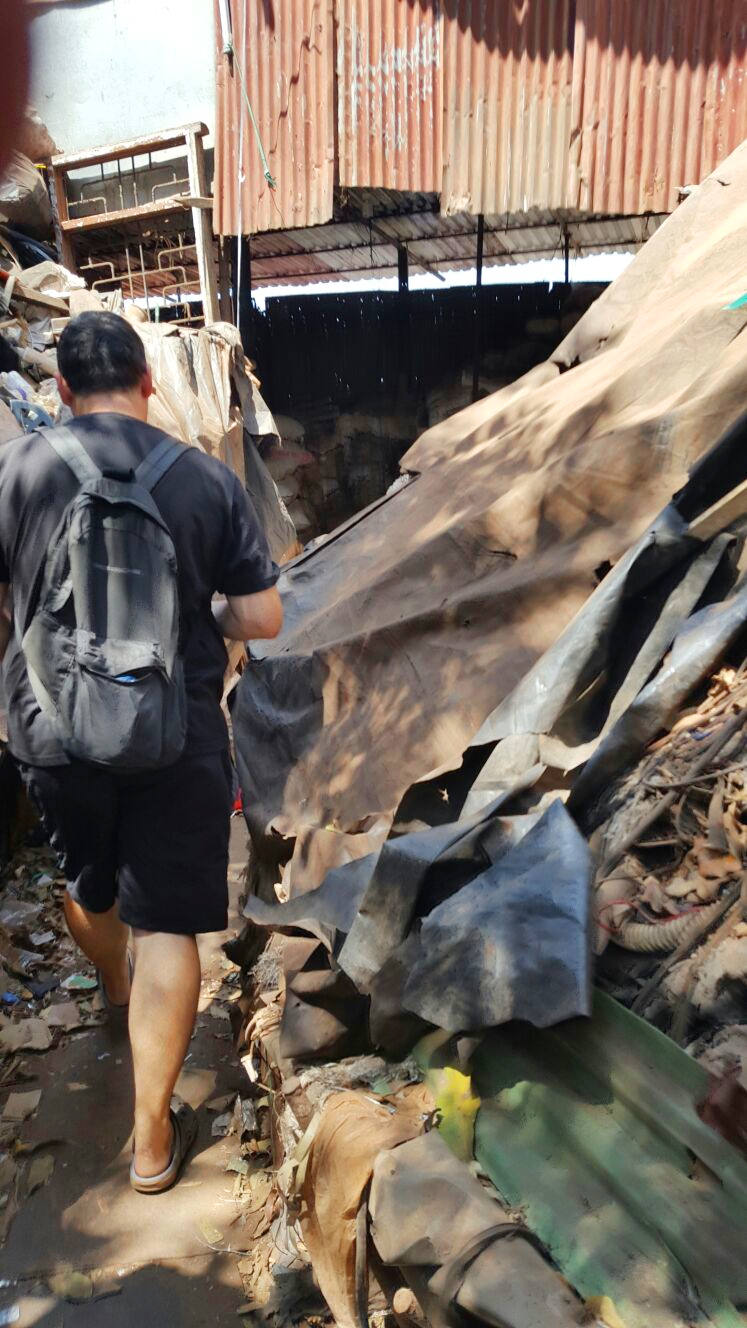
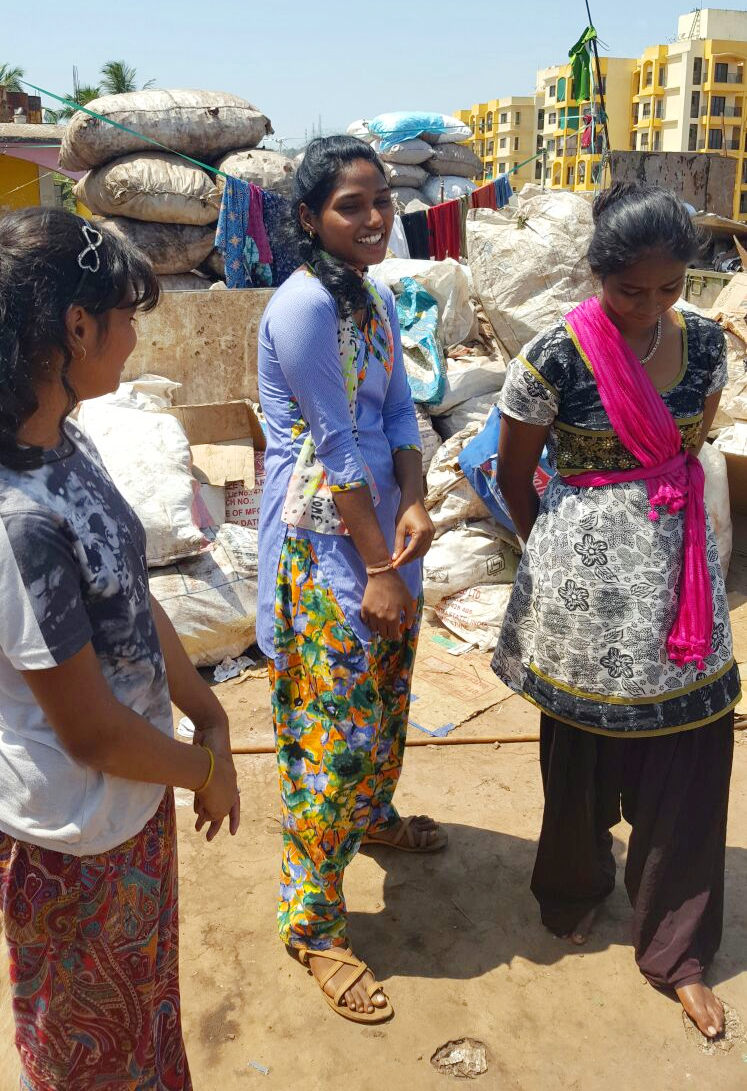
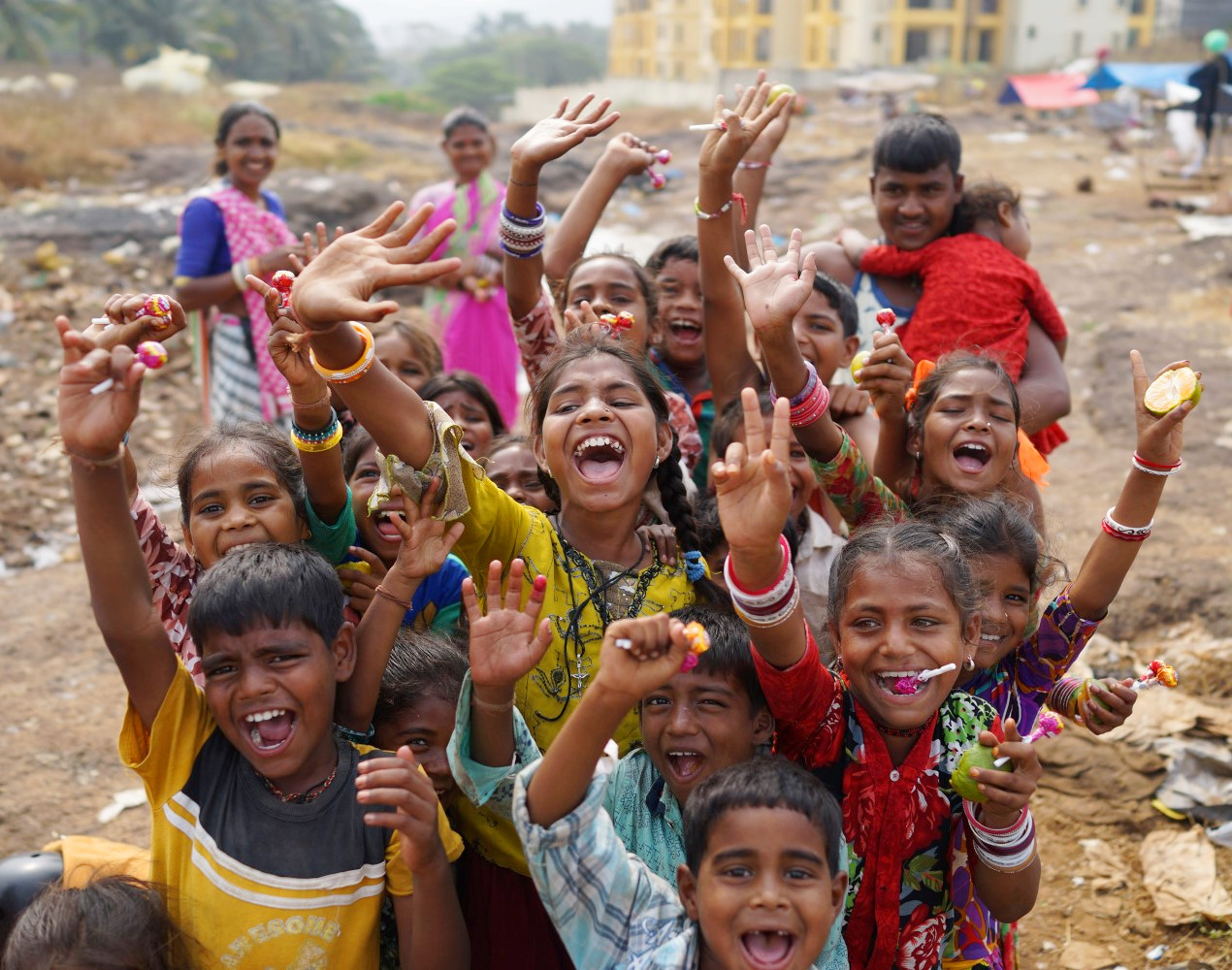
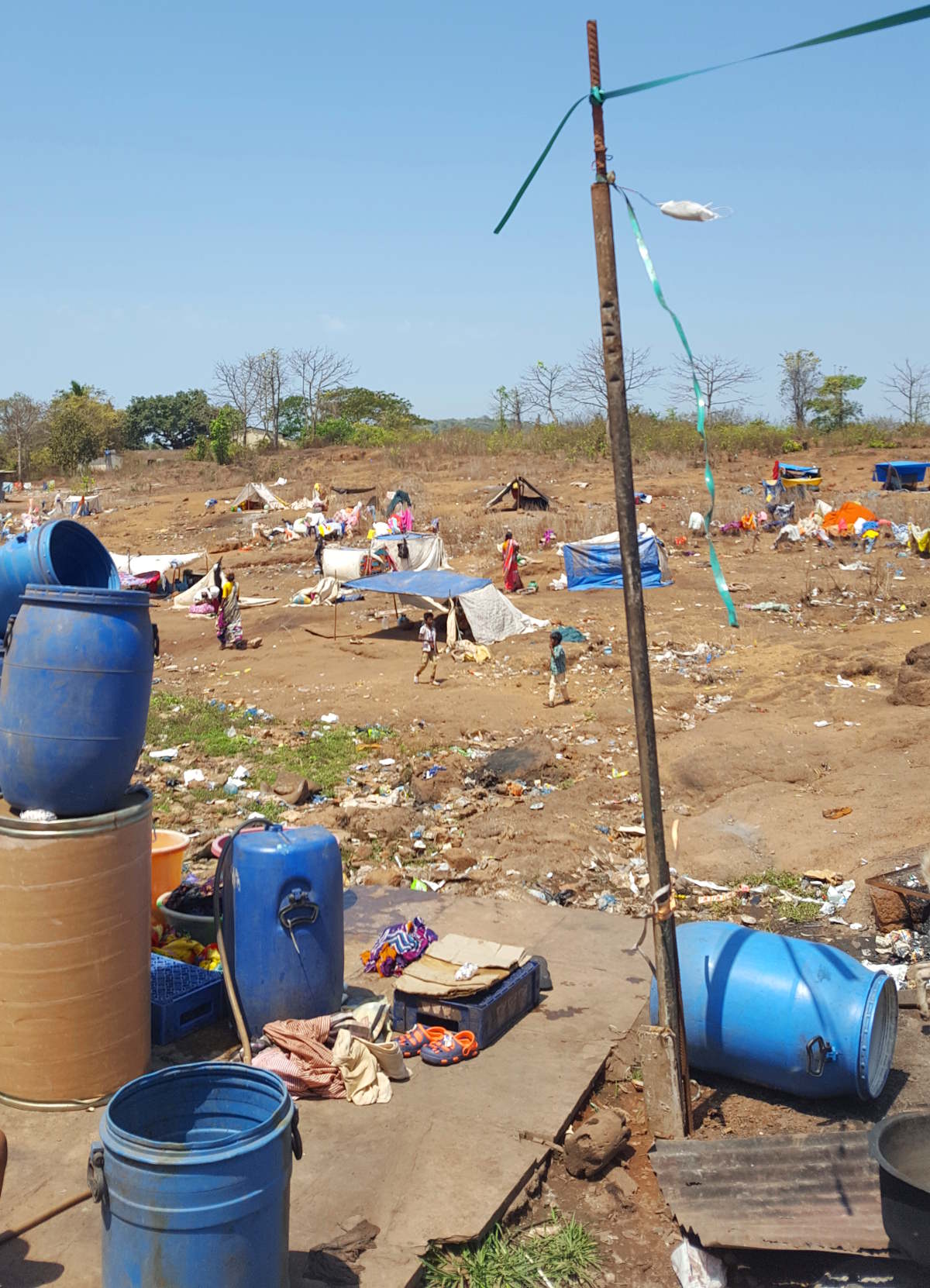
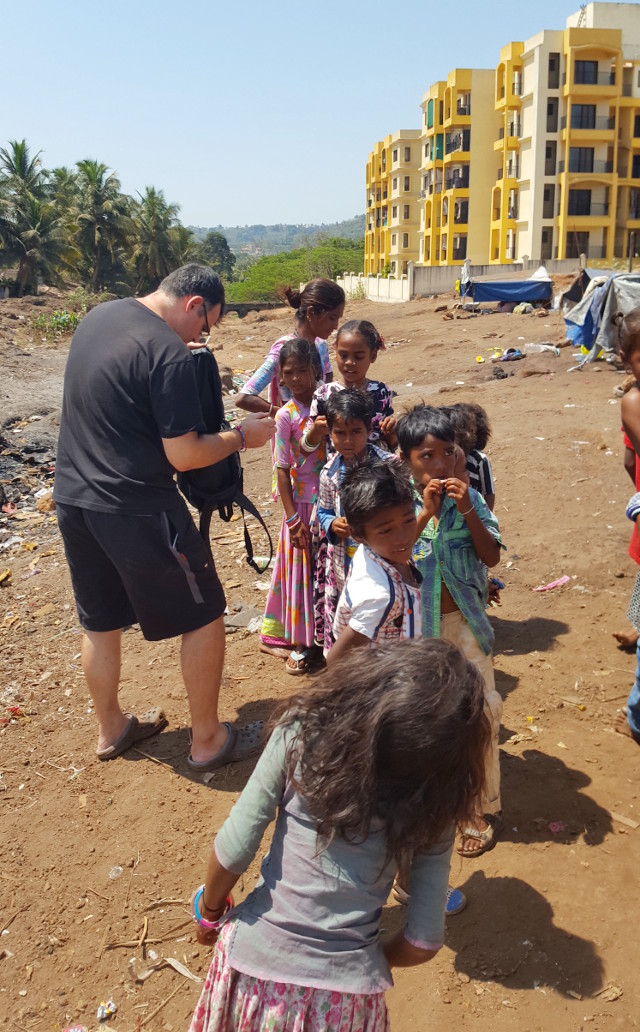
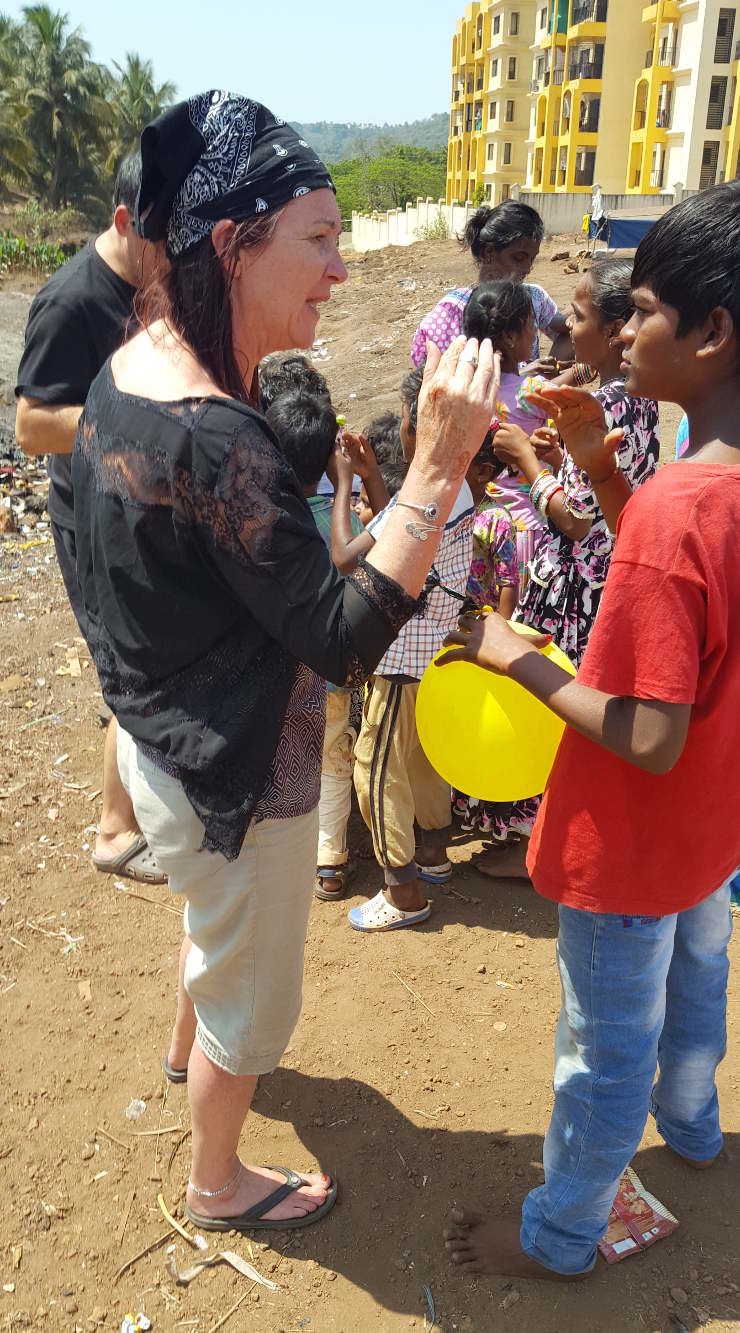
-714x1000-edit.jpg)
-in-2nd-year-of-college)-561x1000.jpg)
-713x1000-edit.jpg)
-1000x714-edit.jpg)
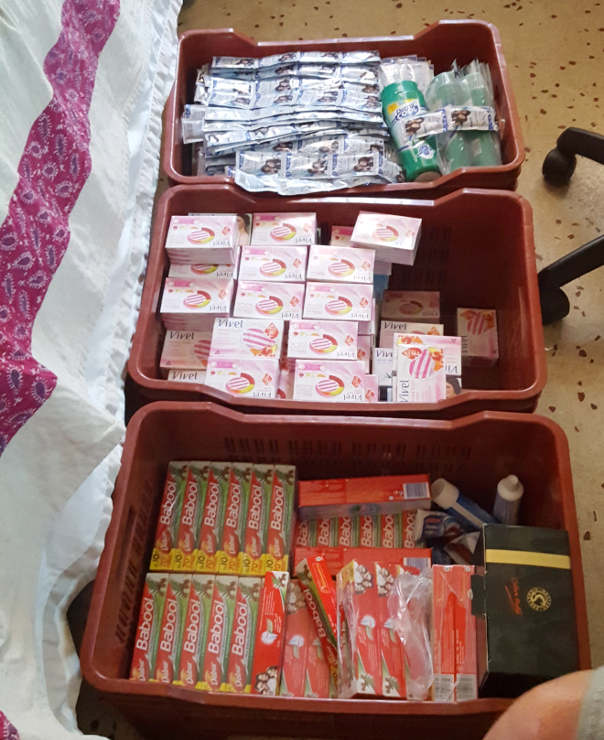
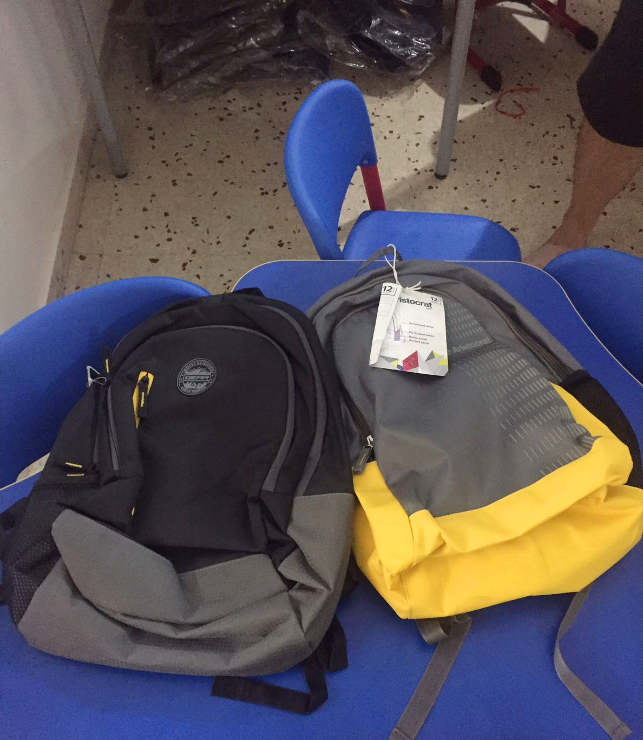
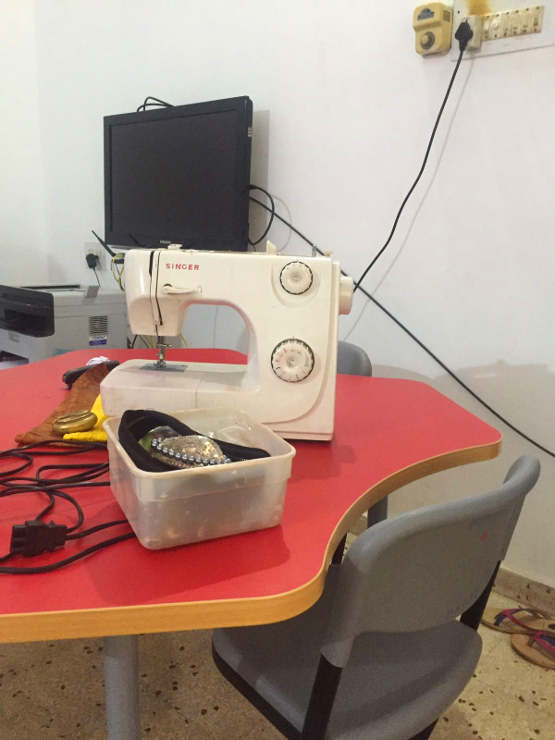
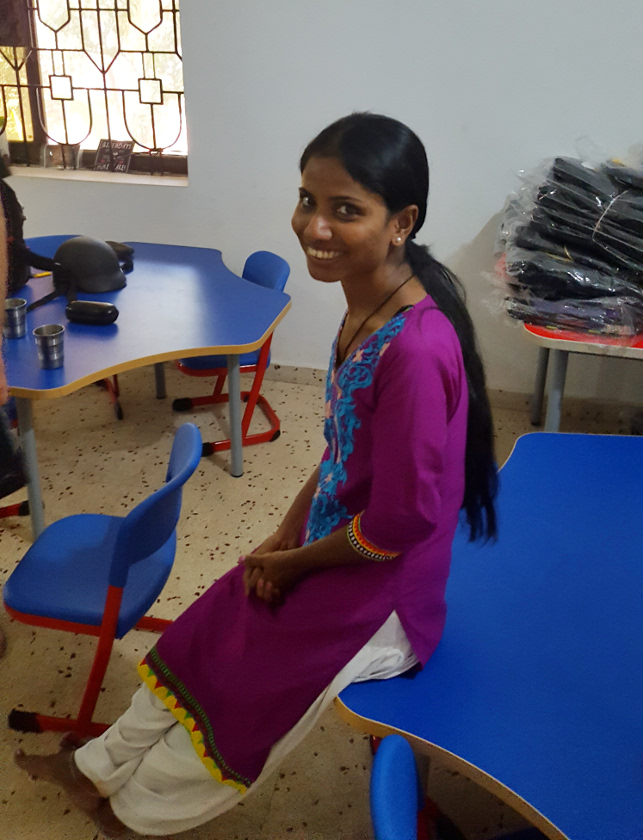
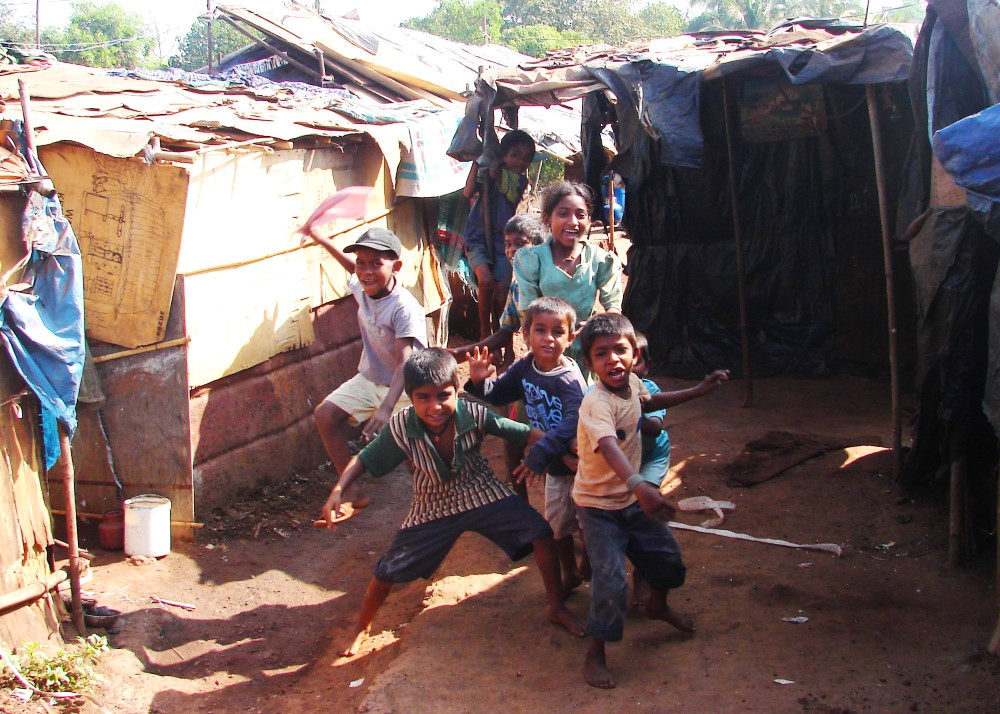
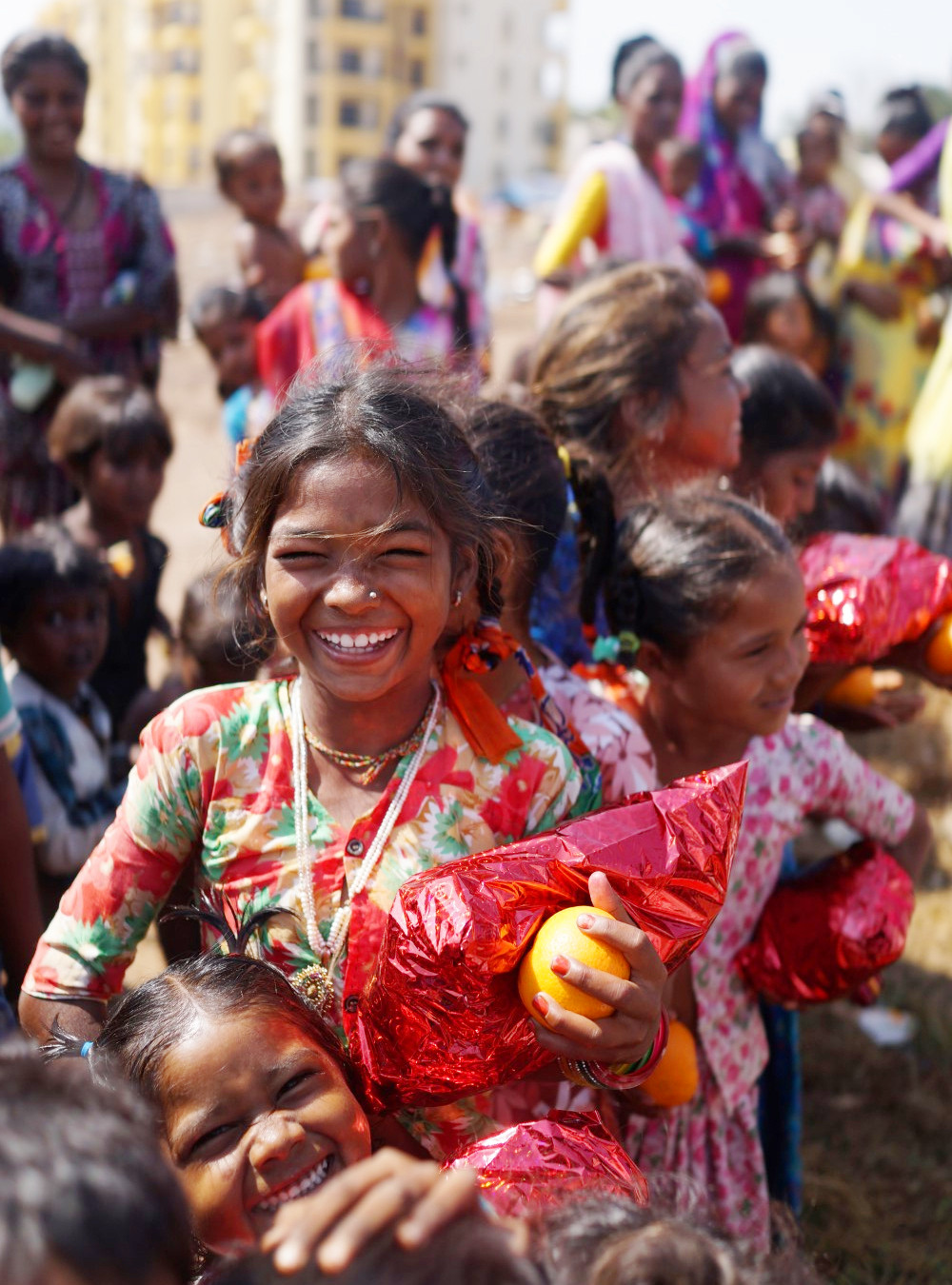
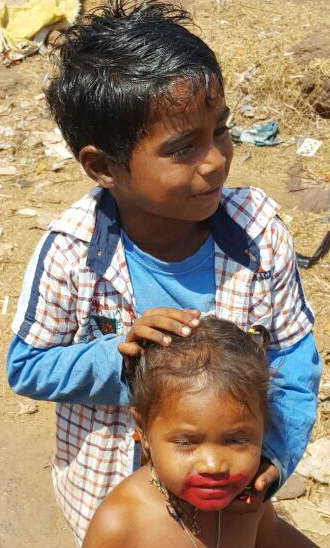
-Gopi-hazel-Robert-Neeta-20170309_124302-1200x1457-resize.jpg)
